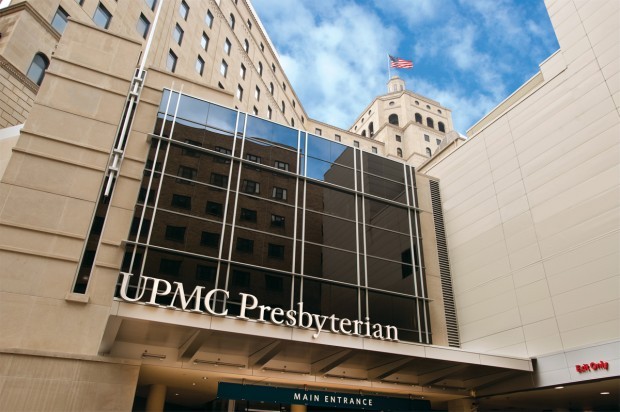 Within the past two weeks, UPMC Presbyterian has closed a cardiothoracic intensive care unit (CTICU) and moved 18 patients because of the discovery of mold in some parts of the unit. As we’ve previously reported, one of those current patients is seriously ill with a fungal infection called rhizopus.
Within the past two weeks, UPMC Presbyterian has closed a cardiothoracic intensive care unit (CTICU) and moved 18 patients because of the discovery of mold in some parts of the unit. As we’ve previously reported, one of those current patients is seriously ill with a fungal infection called rhizopus.
Thanks to the diligent and continuing efforts of our physicians, our infection control team, our nurses, our facilities staff and many others, we now have a clearer picture to share. A careful and methodical review of our records and analysis of the fungus show that two previous transplant patients who stayed in the same room on that unit had fungal infections that may have been related to this mold: one in October 2014 had lichtheimia and one in June 2015 had rhizomucor. Unfortunately, those patients subsequently passed away. Although the role that the mold may have played in their deaths cannot be definitively determined, we have notified their families of the suspected link to the mold in our CTICU. Transparency with patients is one of our guiding principles, and we are very sorry for the loss of these loved ones.
We are in regular contact with health authorities at the Pennsylvania Department of Health and the Allegheny County Health Department. Their consultation and partnership on this investigation is invaluable.
Some might ask why we did not find this problem sooner. Given the very complicated nature of these patients’ illnesses and the sporadic and very limited scope of these infections, we marvel at the care and detective work that found this pattern at all. Of course, we wish that no patients had been harmed. But we do know that our excellent physicians and staff have done everything possible to get to the bottom of this rare event as quickly as possible.
To provide as much information as we can to our patients and families, we have also undertaken a review of all of those patients cared for in the specific room now linked to the three patients. As of this time, we are not aware of any other infections caused by the mold in those three patients over the past year, even among additional transplant patients who had stayed in that room. Our infection prevention experts believe that, given the time that has passed, these patients have no cause for concern. Any illness tied to this mold would have been evident almost immediately.
These infections are caused by common fungi that can be found on plants. It can cause vegetables and fruits, such as strawberries, to go bad. Most people have no reaction at all when exposed to molds. Only individuals who are severely immunosuppressed face a serious risk. This small group includes those whose immune systems cannot fight infection due to certain conditions, such as immunosuppression after a transplant or from certain drugs, such as some used to treat cancer.
Our investigation into the cause of this mold continues, and the unit remains closed until we can ensure that our patients are safe to return. After the initial concern was raised on Sept. 3, we found mold inside the wall of one room—the same one where all three affected patients were cared for. Later, mold was found in some toilets in other rooms, which led to the complete shutdown of the unit. We do not believe that the mold in the toilets was the same kind as in the patients. What caused any of this mold in the first place is still to be determined.
You have our assurance that our hospitals and intensive care units are safe. We will continue to learn from this unfortunate incident and will share what we uncover with regulators, other health care providers and the community for the benefit of all patients.








